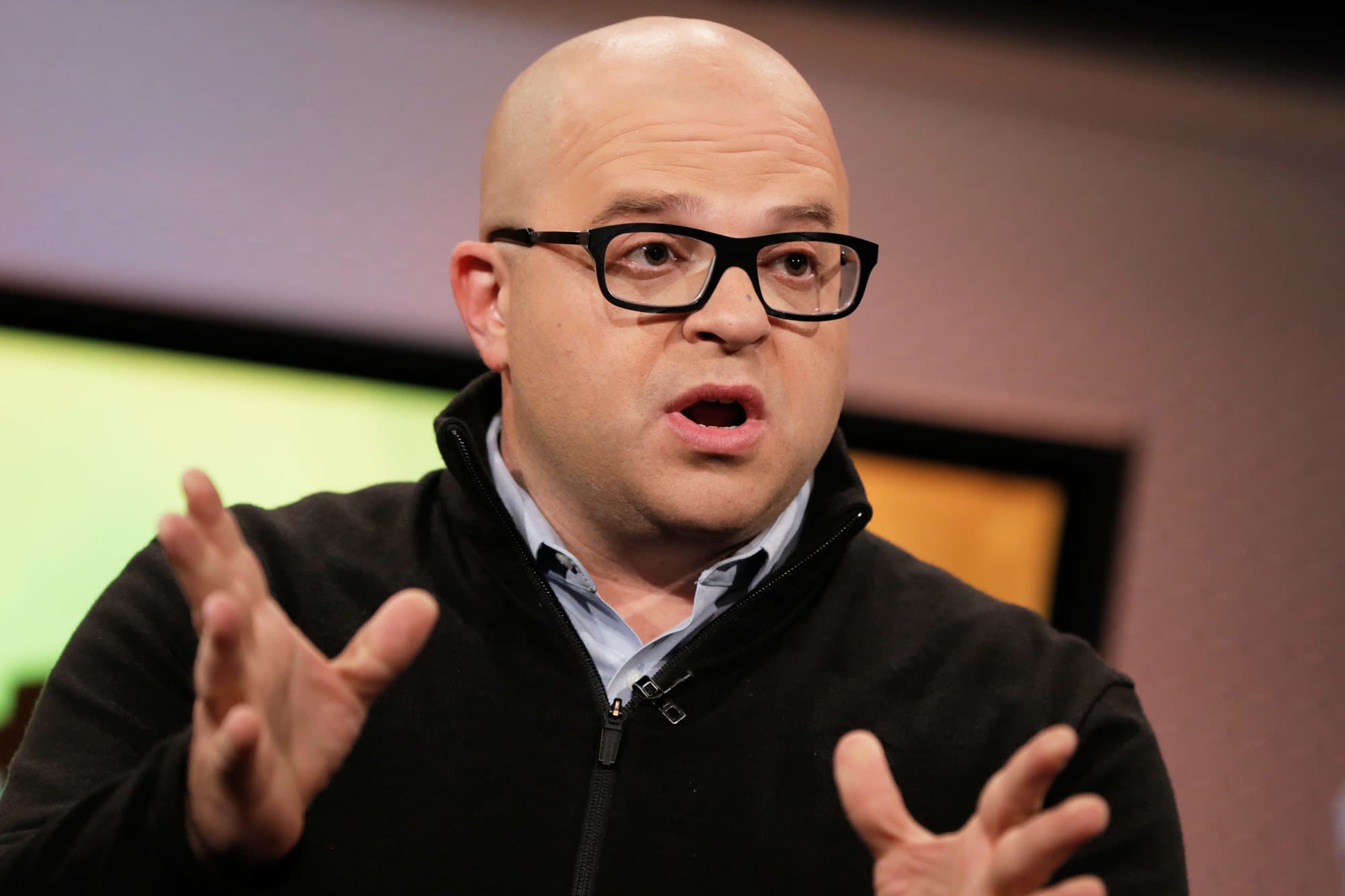Coronavirus sped up digital transformation by 6 years for companies, Twilio CEO says

When the coronavirus pandemic limited face-to-face interactions earlier this year, companies, governments and other organizations adapted to the new normal by transitioning many activities online.
The transition, a part of the digital transformation that has played out over the years, was a boon for companies like cloud messaging provider Twilio, whose CEO Jeff Lawson told CNBC on Tuesday that the trend was sped up by the stay-at-home environment by several years.
“The trends that have already been going on in our society around digitizing those processes, streamlining them with this technology and turning so many interactions into digital ones, those trends all got accelerated by Covid,” he said in a “Mad Money” interview with Jim Cramer.
Twilio found in a digital engagement study that coronavirus response accelerated digital communication strategies by about six years for businesses. The change in focus can be illustrated by Twilio’s stock run this year, growing 277% year to date. The shares climbed 1.6% higher Tuesday to new highs, closing at $370.75.
Twilio, which operates behind the scenes, supplies the communications infrastructure to household names like Uber, Nike and Airbnb, allowing their businesses to connect with customers.
The company has seen headwinds due to the pandemic’s impact on the travel, hospitality and ride-hailing industries, which make up roughly 10% of its business. Those challenges were offset, however, by the new business that Twilio brought in from other industries, providing long-term opportunities in health care, education, nonprofits, retail and other sectors relying on digital engagement, the company says.
While Twilio’s growth has slowed in recent quarters, the company managed to increase revenue by 52% last quarter, producing $448 million in sales.
Lawson said Twilio, before the pandemic, helped Nike bolster its direct-to-consumer business, an investment that has paid off this year. When retailers shut down temporarily as global governments reacted to slow the spread of the coronavirus, Nike’s app, which enables in-store employees to communicate with customers online, allowed sales staff to work online and communicate with customers remotely, he noted.
“All of those employees became digital salespeople practically overnight,” Lawson said.




